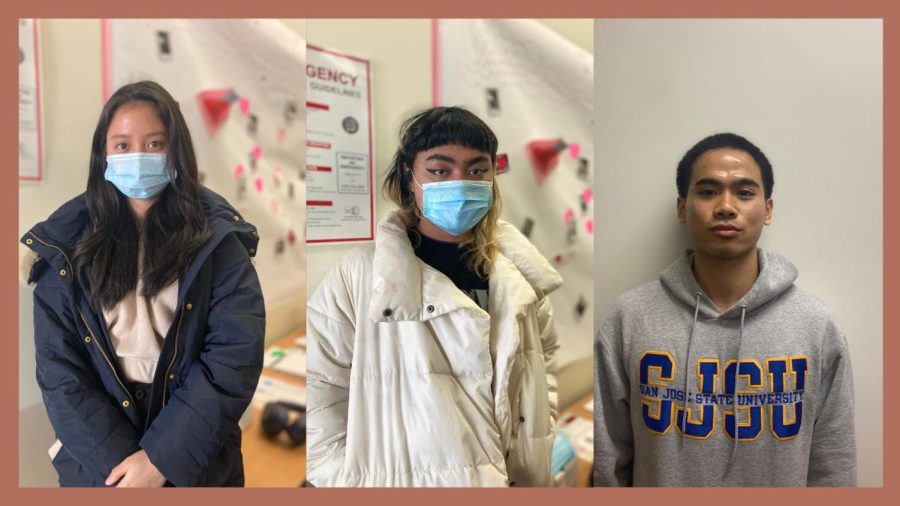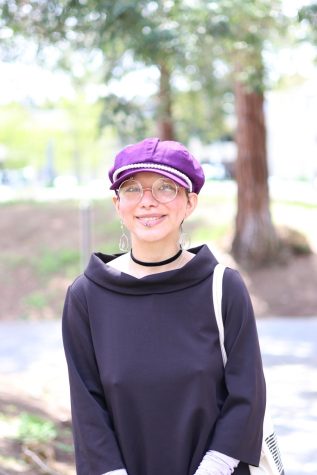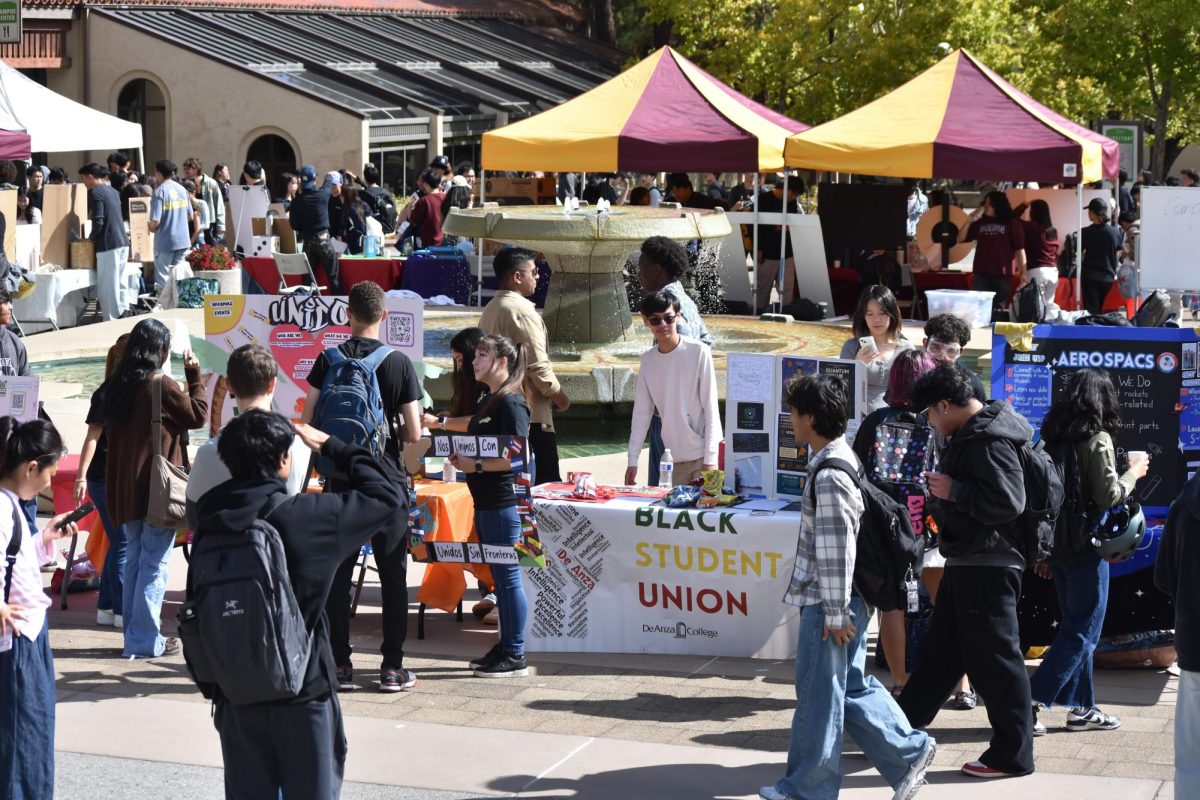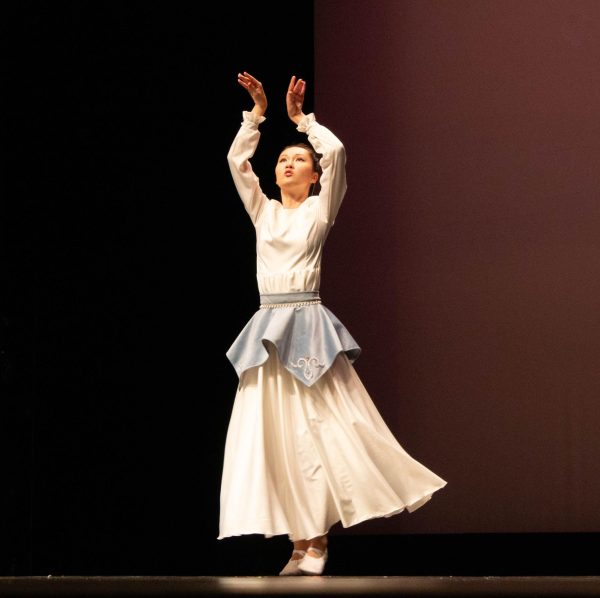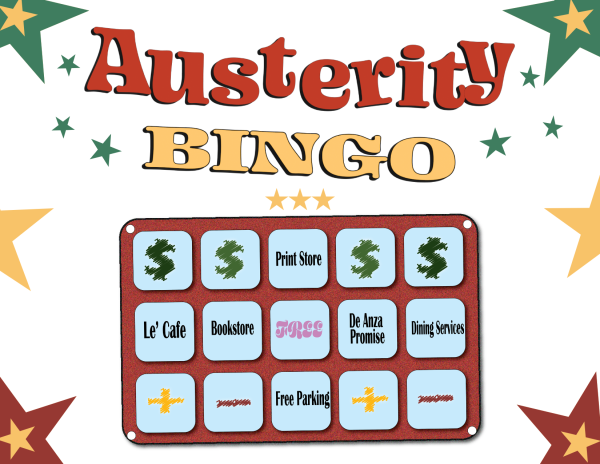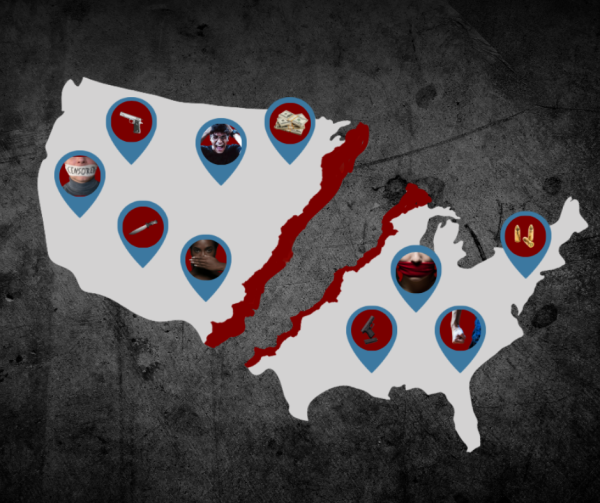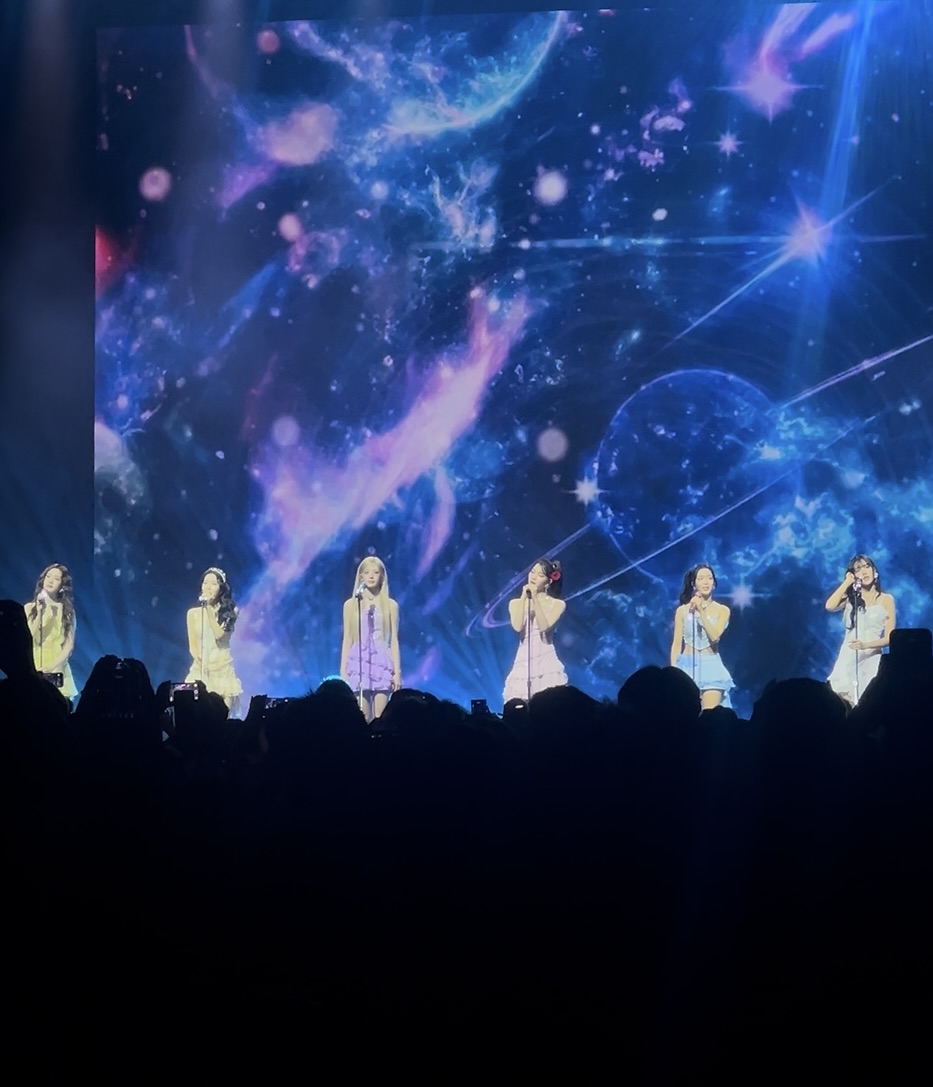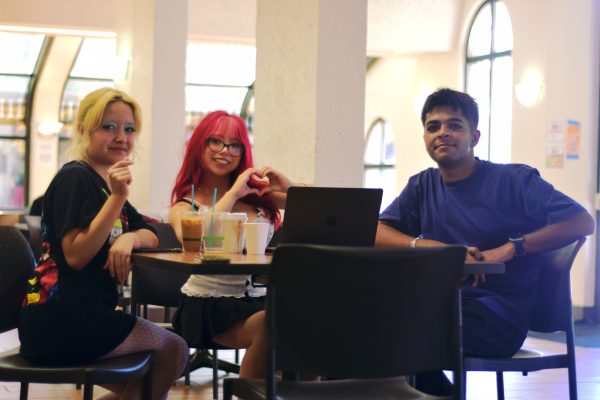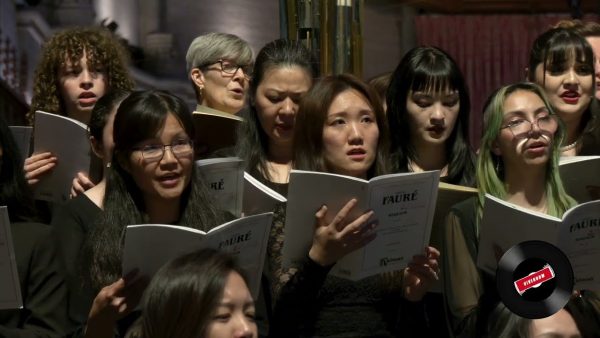The two-sided American experience
March 29, 2023
Three students at De Anza College share their experiences navigating the education system in the United States as immigrants and international students. Their responses show the multilayered student population at De Anza and the two sides of the “American Dream.”
Dinh Ta is a 21-year-old psychology major who was born in Vietnam and is currently part of the second largest Vietnamese community in the country.
Ta said when he came to the United States, he faced harmful stereotypes and misconceptions regarding the Asian population.
“Some people fail to understand that there are different cultures,” Ta said. “I feel that we shouldn’t judge people off what they look like. You should get to know them.”
There were also a lot of things he didn’t understand about the country he moved to. The differences and similarities between Vietnam and the United States became more evident to him during his recent visit to his home country.
“Vietnamese people are more lively and everyone knows each other, while in America, people are more isolated,” Ta said. “However, both are hardworking and have something that they want to achieve which is something I really admire.”
He talked about some of his memories from Vietnam and the United States.
“Going to school and meeting new people and also meeting family members that I didn’t even know that I had are some of my favorite memories,” Ta said.
Friendships are another important part of the American experience.
Shirley Shoon Lei Thiri Myo, a 20-year-old biology major, is an international student from Myanmar, also known as Burma. She said that upon arriving in this country, she had some difficulties affording a place to live, but having her close friends nearby has helped her.
“When you find a room, it’s better to have fellow Burmese to share it with because they know your situation,” Myo said. “My experience is not bad because I have known my roommates since middle school.”
The school’s outreach services such as the food pantry, gift cards and free vaccinations have been helpful to her and other students for alleviating the financial strain that comes with living in the Bay Area.
Krisani Thar, a 20-year-old communications major, is also a Burmese student. She confirms that some of the housing difficulties are faced by many international students.
“Most apartments want to see your credit score or income which, as international students, we don’t have either,” Thar said. “We have to rely on other people to help us out because even if we have the money, we can’t rent a place easily.”
Most international students come to the United States with a F-1 or M-1 Student Visa with strict working off-campus restrictions. However, Burmese international students can apply for a Temporary Protected Status, which would grant them rights such as travel and employment authorization and deportation immunity.
In spite of the difficulties, Thar said she likes living in the United States more than in her home country as she feels safer embracing her non-binary identity with the community she has found at the school’s pride center.
“Back in my country, I wasn’t fully able to express myself and my gender identity partly because of my family, but also because of the culture there,” Thar said. “Coming here and just being around a diverse group of people has helped me feel more comfortable in my own gender identity and it’s helped me come to terms with who I have always been inside.”



